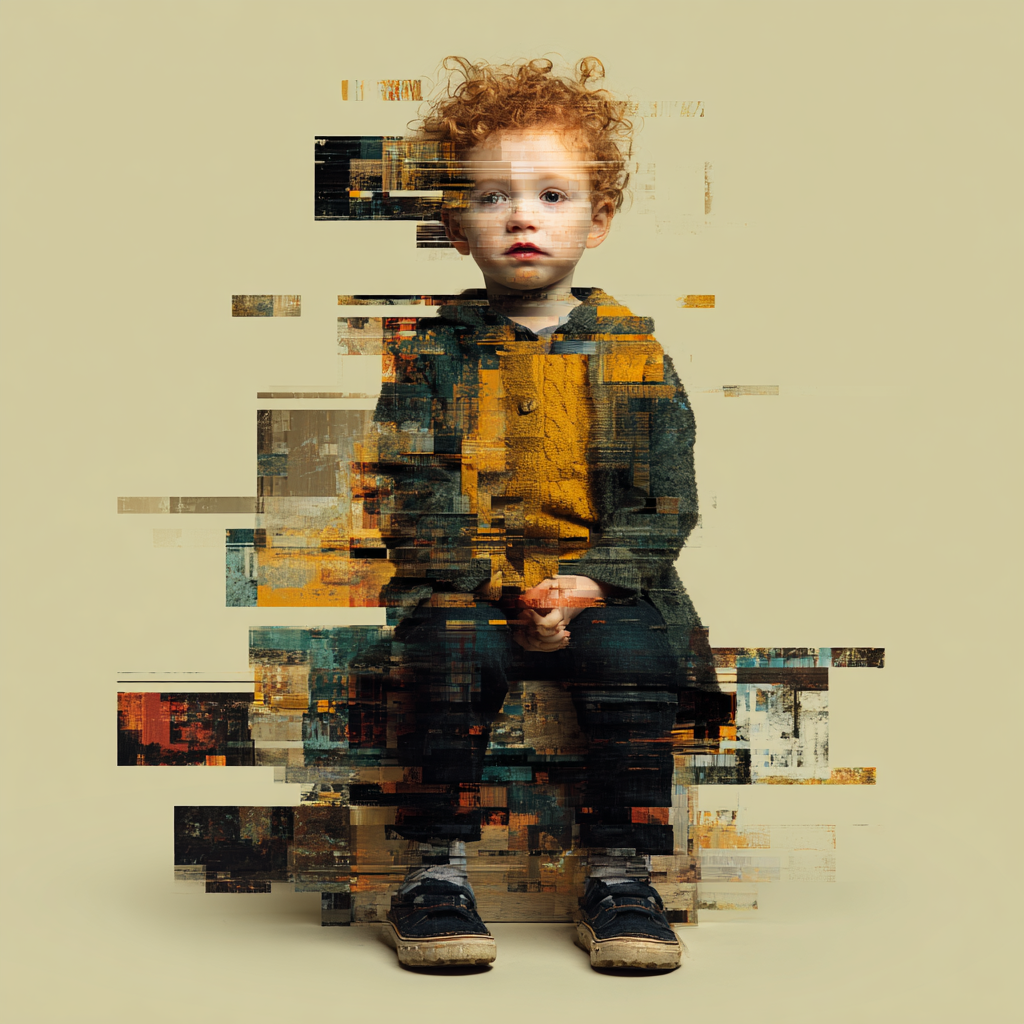
Every so often, a topic comes along that strikes at the heart of our work, our families, and our future. In a recent episode of The Marketing Companion, I sat down with the brilliant Amanda Russell to explore the complex issues at the intersection of AI, education, and our children — not as abstract theorists, but as parents grappling with what this means for their own families.
We broke this down into three topics:
- The value of our own college education in a modern world
- The advice we would give to high school seniors today about careers and college
- Our hopes and dreams for our children and grandchildren in an AI World.
You can listen to this amazing show just by clicking here:
Click here to enjoy The Marketing Companion Episode 322
The Value of College in an AI World
Amanda, who teaches the next generation of marketers and is herself the mother of a toddler, put it brilliantly: college wasn’t just about learning facts or getting a credential — it was about facing hard things, staying in rooms where you feel uncomfortable, building resilience and curiosity. The actual subject matter? Sure, it mattered. But it was those “off-the-syllabus” skills — persistence, resourcefulness, being able to operate when you don’t have all the answers — that stuck with her, and frankly, stuck with me too.
When I look back on my own journey, from being a journalism student to pivoting to marketing, the greatest lesson wasn’t any one textbook or lecture. It was learning how the world works, how business works, and how to be endlessly curious. These fundamentals remain relevant no matter how fast technology (or artificial intelligence) is changing the world.
Should You Still Go to College?
In our conversation, Amanda and I wrestled with a question that’s being asked in more and more families today: Does college still make sense in a world where AI can teach you anything, instantly, often for free?
We discussed how the value of college isn’t the credential alone. Information is now a commodity, and universities are no longer the gatekeepers of knowledge.
The true ROI of college exists if you’re seeking something deeper: seeing the world through new perspectives, forging connections, and developing the “muscles” of resilience, discernment, and creative thinking. If you’re only going through the motions to check a box, there are far less expensive options than a four-year degree.
Should you be concerned about AI? Of course. But follow your passion and leave nothing on the table.
AI Kids and the Importance of Curiosity
My new grandson and Amanda’s little boy will never know a world before AI. They’ll grow up as AI kids with screens as an extension of themselves, for better or worse.
The easy (and tempting) answer is to try to manage or limit “screen time.” But as Amanda wisely noted, that’s already yesterday’s battle. The real question now is: what are they learning? How are they using these tools? Are we instilling discernment in our kids — that ability to question, interpret, and think critically about whatever comes their way? Are we teaching empathy, nuance, and the art of reading between the lines?
For me, it all comes back to one word: curiosity. AI allows us to offload so much — to get quick answers, automagically generated content, even decisions about our lives and loves. But unless we remain curious, we risk losing our edge, our insights, our humanity.
If you’re a parent, go ahead and ask AI how to teach curiosity — use it as a tool to make your kids (and yourself) more inquisitive, not less. Curiosity is a soft skill, but it’s also a superpower. It’s what will enable us, and our children, to thrive in a world that’s being rewritten in real time.
For Marketers: Understand Your New Customers
Here’s where it gets really interesting for those of us in marketing: AI isn’t just changing our toolbox. It’s changing our customers, their psychology, and even the way they perceive themselves and the world around them. We can teach our teams (and perhaps even our families) to use AI wisely, but we also have to recognize — as I explored in my upcoming book, How AI Changes Our Customers: The Marketing Guide to Humanity’s Next Chapter — that the very landscape is shifting beneath our feet.
Our customers are learning in new ways, searching in new ways, and defining “truth” in new ways. As marketers, we must do the work to understand this new psychology and figure out how to create connections, meaning, and trust in a world where AI may be making everyone a bit more — or less — human.
I must admit, writing about these topics can be daunting. It’s easy to slip into doom-and-gloom narratives about cognitive offloading and “AI parenting.” But what fills me with hope is the countless young people who are fighting for their own voices, their own agency, their own creativity. A backlash is forming against the mindless use of AI, and there are ways — both big and small — for each of us to help our families, communities, and customers navigate this new world.
If I can leave you with anything, it’s this: Stay curious. Teach curiosity. Recognize the new opportunities — and new challenges — at the intersection of humanity and AI. And above all, keep connecting, keep questioning, and keep leading with heart.
Follow Mark on Twitter, LinkedIn, YouTube, and Instagram
Illustration courtesy Mid Journey